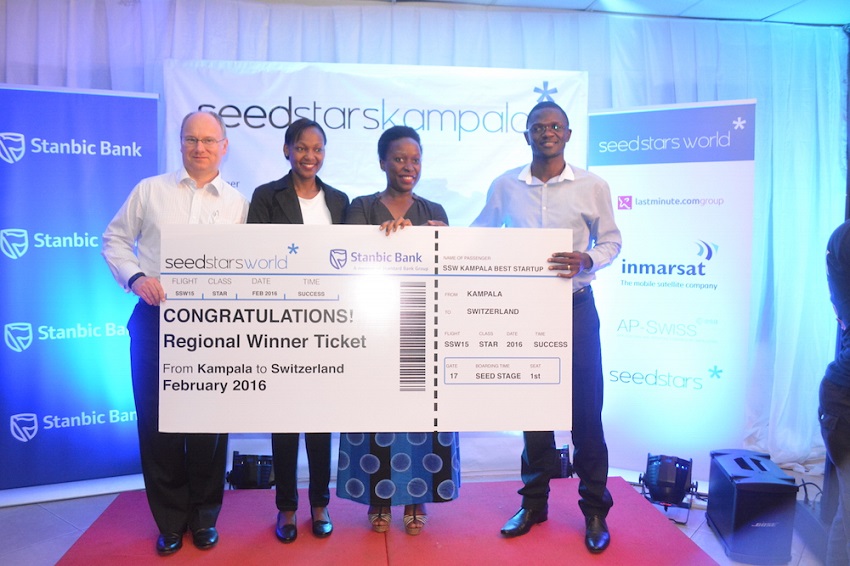Ugandan on-demand logistics solution Intership UG is hoping to use its success at the local leg of the global Seedstars World startups competition as a springboard from which to raise the US$200,000 it needs to build a second version of its website and app.
Disrupt Africa reported earlier this month Intership won the Ugandan competition, and the startup will now go on to represent the country at the Seedstars World final in Geneva, Switzerland next year, where it will compete for equity investment.
An on-demand logistics solution for SMEs and individuals, Intership helps its customers purchase goods from online stores in the United States (US), United Kingdom (UK) and China. As many international online stores and merchants do not accept payments from Africa, Intership provides a local address, from which it repacks items and ships them to Africa.
“Since we ship in bulk we are able to negotiate awesome rates with various couriers and cargo companies, extending those savings to our customers,” co-founder Nielsimms Sangho told Disrupt Africa.
“We allow our customers to pay in instalments if required. This is flexible and also helps them trust us.”
Intership was formed in July 2014 on the basis of personal frustration for Sangho, who needed to import some computers into Uganda but failed to find a favourable logistics solution.
“I decided to go on a journey to figure out how to solve the logistics problem that SMEs and individuals face in Uganda and Africa at large,” he said.
“I realised that most of the services provided in the country were either people who have their own small businesses – and that means they provide only one shipping method and ship at their own convenience to maximise profit – or shipping companies and freight forwarders, which really care for the big companies who have large volumes to ship in.”
International package-forwarding companies, meanwhile, are not customised for the African setting, in terms of payment method, pricing and customs.
“I also realised that many of the individuals and owners have no “connections” in the countries where the suppliers are based, and this made it very difficult for them to transact, and even if they do they have no place to consolidate and repackage their items,” Sangho said.
According to its co-founder, Intership as a result has an “unfair advantage” in the market since much of the would-be competition does not offer a customised on-demand experience.
The service has proven popular, with revenues growing steadily. Sangho forecasts that by the end of the year Intership should be making between US$12,000 and US$16,000 per month, something he says could easily be quadrupled if investment is obtained and the company can operate at its full potential. It currently has around 300 customers making orders every week, including five SMEs.
Initially self-funded to the tune of US$2,000, Intership later raised another US$3,000 from a friend. Sangho is now looking for significant funding to take the startup to the next level, setting up its own facilities locally and in the US, and to boost marketing efforts.
“We have offices in Kampala, but we are serving clients across the region, in South Sudan, Rwanda and Uganda, which means that the business has the ability to scale, and we are really looking at doing that in the coming year when we access funding,” he said.
Revenues come from charging clients a small commission, but Intership is also looking at charging clients who want to keep their goods in the warehouses for a longer period.
“This is definitely a very lucrative business – we had began by figuring our revenue model and testing the various methods which needed lots of money, but as the volumes go up it means we have higher margins and the revenues are now doubling every month,” Sangho said.


